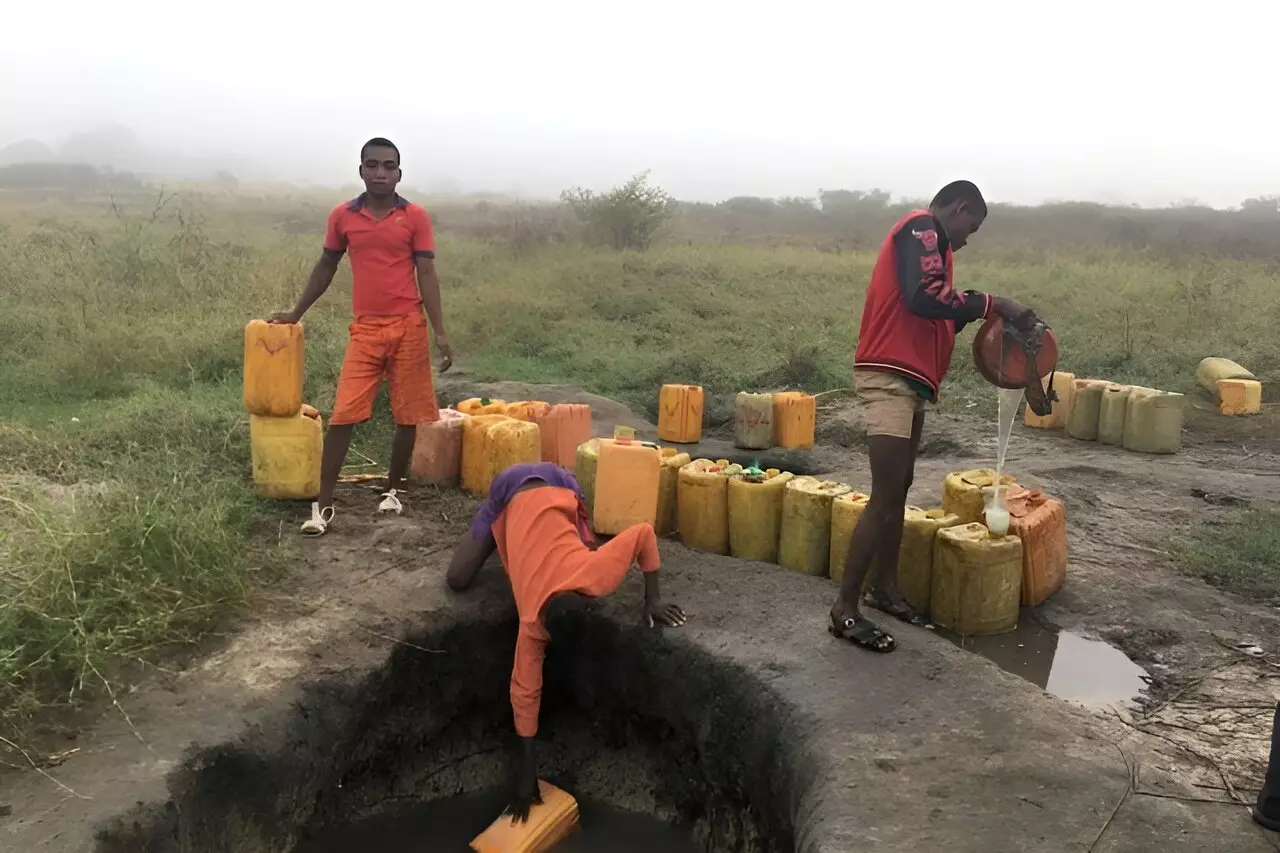Southern Madagascar is currently facing a severe and prolonged drought that has devastating effects on the local population and their food production. A study conducted by a team led by the University of California, Irvine, has revealed a direct correlation between this drought and human-driven climate change. This article will delve into the details of the study and its implications for the people of southern Madagascar.
The study by Angela Rigden and her team utilized remotely sensed observations and climate models to analyze the impact of climate change on the hydrological cycle in southern Madagascar. By looking at a multi-year satellite record of vegetation greenness, the researchers were able to identify shifts in the region that indicated changes in water availability. These findings were then compared to climate models, which predicted a narrowing of the rainy season window – a clear sign of climate change affecting seasonality.
One of the key factors that helped the researchers make the connection between the drought and climate change was the availability of long observational records dating back to the early 1980s. These records, obtained from satellites, provided valuable insights into the changes taking place in southern Madagascar over the years. The study also highlighted the importance of such long-term data for regions like southern Madagascar, which are often overlooked in terms of research and development.
Christopher Golden, an associate professor at Harvard University, has been conducting fieldwork in Madagascar for the past 25 years. He emphasized the arid nature of the region, even without drought conditions, and noted the changes in rainfall patterns witnessed by local residents over the decades. Stakeholders such as Catholic Relief Services and the USAID Mission to Madagascar played a crucial role in bringing attention to the issues facing the country. Their input helped researchers gain a better understanding of the challenges faced by the local population.
The study has significant implications for policymakers and relief organizations working in southern Madagascar. By demonstrating that the drought is directly linked to climate change, the researchers aim to provide more informed recommendations on where relief aid should be directed. This information can help officials justify the financing of relief efforts and prepare populations for future recurring droughts. The study underscores the importance of adaptation strategies in the face of changing climate patterns.
The study by the University of California, Irvine-led team sheds light on the critical impact of human-driven climate change on the years-long drought in southern Madagascar. By utilizing remote sensing data, climate models, and long observational records, the researchers have provided valuable insights into the changing hydrological cycle in the region. This information is essential for policymakers, relief organizations, and local residents in preparing for and mitigating the effects of climate change-induced droughts.


Leave a Reply